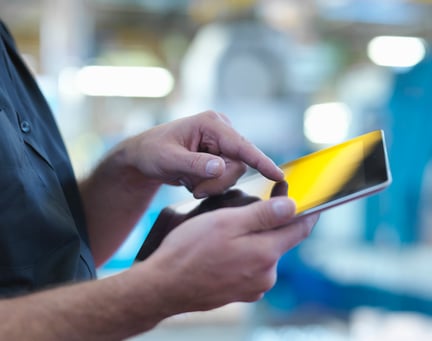Whittaker Engineering plays a key role in the North Sea upstream oil industry. With certification a license to trade for the business, it was crucial that their upcoming scheduled audit took place without delay, despite challenges caused by COVID-19.
Here, Murray Whittaker, Director of Projects at Whittaker Engineering gives five reasons why businesses should consider using remote audits to maintain certification.
1. Keep your business on track for the future:
“On top of COVID-19, it’s no secret that the oil industry is going through challenging times. Not only do we need to keep our certification valid today, but we also need to make sure we’re fully up-to-speed and in great shape for the future.”
2. Validate your operations with independent certification:
“ISO accreditations are an essential requirement to validate our operations and without the accreditation, we would not meet the specifications of our biggest customers. It’s vital that our products and processes are of the highest quality – and independent certification enables us to demonstrate this clearly to the businesses we supply.”
3. Use remote to maintain your certification schedule:
“Thanks to remote technology, global certification business LRQA completed a business-critical, six-day, three-person audit, despite the complications imposed by COVID-19.”
This is a great example of how remote audits can help a business maintain its certification schedule.
4. Increase the numbers of stakeholders involved, from multiple locations:
“Two on-site auditors and one lead assessor working remotely completed the combined audit which involved a range of internationally recognised standards including the latest health and safety standard ISO 45001, environmental standard ISO 14001 and quality standard ISO 9001.”
5. Use the technology that’s right for your business:
“With meetings taking place via Microsoft Teams and interviews with staff both in the board room and across the site covering fabrication and CNC machining, a full sense of the controls and operations could be determined and assessed. Approved LRQA equipment (smartphones and laptops) provided a secure and dedicated connection as well as the client's conference technology and willingness to expand the use of Microsoft Teams. This allowed the on-site assessor to relay live time activities to the off-site lead assessor, and complete further assessments in areas not fully covered by remote at this time.”
Are you interested in finding out how remote audits can help your business?
To find out more, please contact our team.





